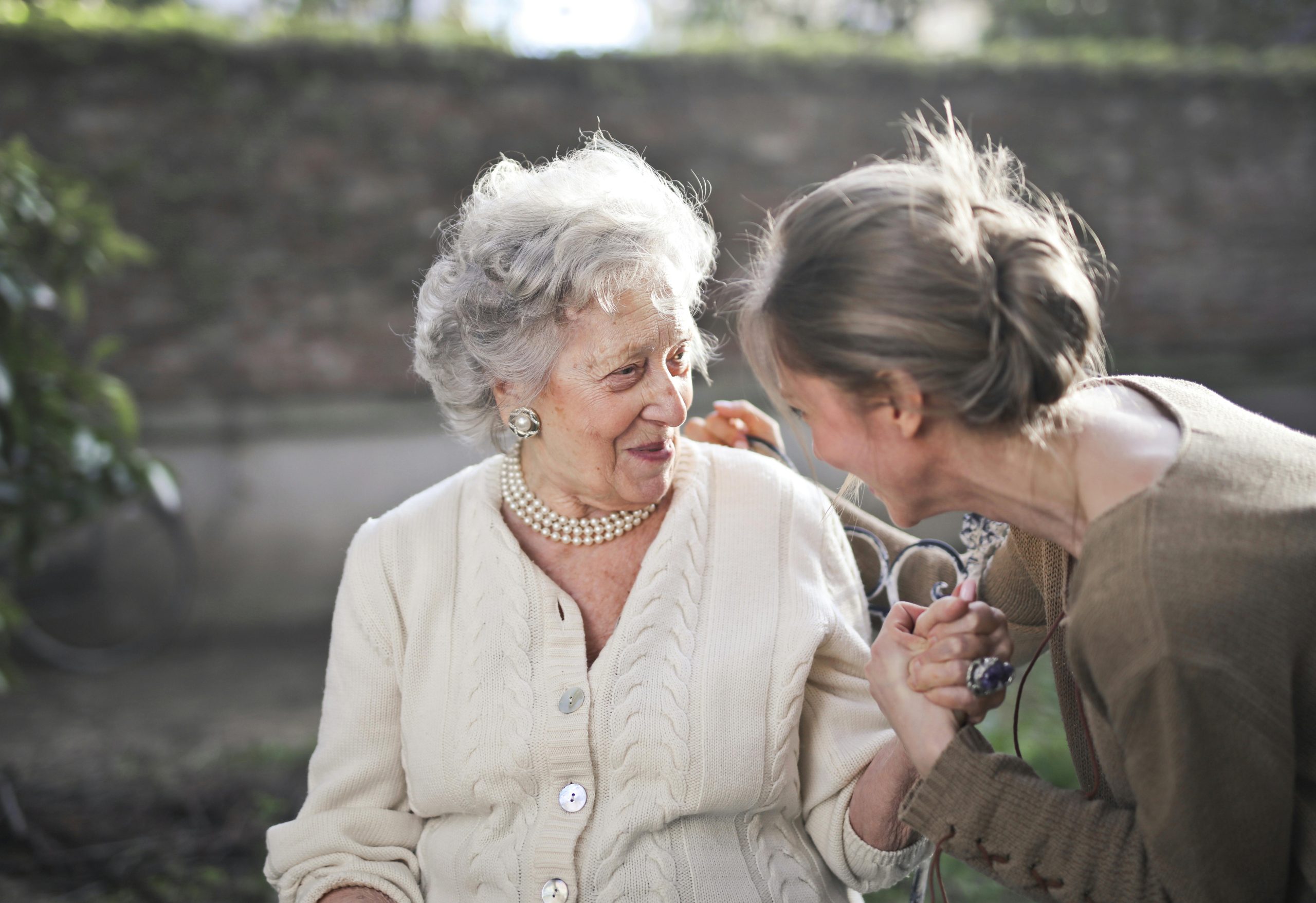Aging is a natural part of life, but adopting healthy lifestyle habits can greatly influence the quality of life and promote vitality as individuals age. By prioritizing key aspects of physical, mental, and emotional well-being, seniors can enhance their overall health and enjoy a fulfilling and active lifestyle well into their later years. In this article, we’ll explore lifestyle habits that support healthy aging and promote longevity and vitality.

- Balanced Nutrition:
- Emphasize the importance of consuming a balanced and nutritious diet rich in fruits, vegetables, whole grains, lean proteins, and healthy fats.
- Encourage seniors to limit processed foods, sugary snacks, and excessive sodium intake, and to stay hydrated by drinking plenty of water throughout the day.
- Regular Physical Activity:
- Discuss the benefits of regular physical activity for maintaining strength, flexibility, and cardiovascular health in seniors.
- Recommend engaging in a variety of exercises, including aerobic activities (e.g., walking, swimming), strength training, flexibility exercises, and balance activities, to support overall fitness and mobility.
- Adequate Sleep:
- Stress the importance of getting adequate sleep for promoting physical and mental health, cognitive function, and overall well-being.
- Encourage seniors to establish a consistent sleep schedule, create a relaxing bedtime routine, and create a comfortable sleep environment conducive to restful sleep.
- Stress Management:
- Discuss the impact of chronic stress on health and well-being and the importance of adopting effective stress management techniques.
- Recommend practicing stress-reduction techniques such as deep breathing exercises, meditation, yoga, tai chi, or spending time in nature to promote relaxation and resilience.
- Mental Stimulation:
- Highlight the importance of keeping the brain active and engaged through mental stimulation, cognitive activities, and lifelong learning.
- Encourage seniors to engage in activities that challenge the mind, such as puzzles, brain games, reading, learning new skills or languages, and participating in educational programs or classes.
- Social Engagement:
- Emphasize the value of social connections and maintaining meaningful relationships with friends, family, and the community for promoting emotional well-being and cognitive health.
- Encourage seniors to stay socially active by participating in social activities, joining clubs or groups, volunteering, or attending community events.
- Preventive Healthcare:
- Stress the importance of preventive healthcare measures, including regular check-ups, screenings, vaccinations, and health assessments, for early detection and management of health conditions.
- Encourage seniors to work closely with their healthcare providers to develop personalized preventive care plans tailored to their individual needs and risk factors.
- Positive Outlook and Mindset:
- Discuss the influence of attitude and mindset on health and well-being and the importance of maintaining a positive outlook on life.
- Encourage seniors to cultivate gratitude, optimism, and resilience, and to focus on the present moment, finding joy and meaning in everyday activities and experiences.
By adopting healthy lifestyle habits that prioritize nutrition, physical activity, sleep, stress management, mental stimulation, social engagement, preventive healthcare, and a positive mindset, seniors can promote healthy aging, vitality, and longevity. With proactive self-care and support from healthcare providers and loved ones, seniors can enjoy a fulfilling and active lifestyle well into their later years.












